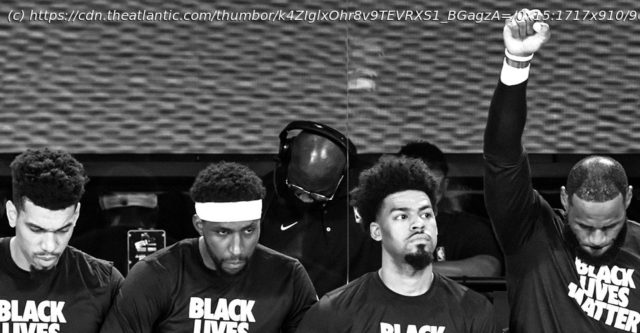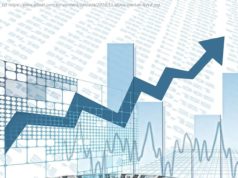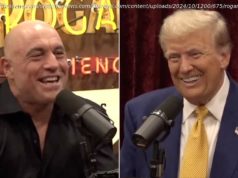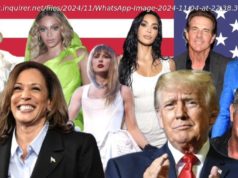They want to protect Black lives, and threatening an industry’s money and the public’s entertainment was the only option left.
Back in June, before the NBA began playing in its Florida bubble, the Brooklyn Nets star Kyrie Irving was passionately opposed to continuing the season. The death of George Floyd under the knee of a Minneapolis police officer the previous month had prompted a national upheaval over racial injustice. On a conference call with more than 80 players, The Athletic reported, Irving said he didn’t feel right playing professional basketball under the circumstances, and he believed that sports would only be a distraction from pursuing equality. Some other players criticized him for being too extreme, but Irving, a six-time All Star and the NBA players’ association’s vice president, turned out to be right. Last night, the entire slate of NBA playoff games was postponed after the players refused to take the court in protest over the treatment of Jacob Blake, a 29-year-old Black man who was shot seven times in the back Sunday by a Kenosha, Wisconsin, police officer. The NBA players’ action began with the Milwaukee Bucks, whose home arena is about 40 miles north of Kenosha. The game was then shelved when the Orlando Magic refused to accept a win by forfeit; other scheduled games were quickly postponed, too. What happens next is unclear. Late last night, the players held an intense meeting to decide their course of action. Although most teams wanted to continue the season, members of the Los Angeles Lakers and Clippers reportedly voted against doing so. The biggest star and most influential voice in the NBA is the Lakers’ LeBron James. Players are meeting again today; so are NBA officials. But if James sits out and others follow his lead, the last NBA game of this season may have already been played. On social media and cable news, some fans and commentators depicted the players as selfish athletes who were only throwing a tantrum for the sake of virtue signaling. “The NBA players are very fortunate that they have the financial position where they’re able to take a night off from work without… consequences to themselves financially,” the White House senior adviser Jared Kushner declared this morning on CNBC. Kushner played right into the narrative that athletes, because of their social and economic status, are a privileged class with no right to complain. It’s an ironic stance for Kushner, who grew up wealthy and gained political power because his father-in-law is the president. But the idea of telling Black athletes—or any prominent Black person—to be grateful is almost as old as racism itself. What critics like Kushner ignore is that the NBA is a predominantly Black league, and that just because its Black players are professional athletes, that doesn’t protect them from police violence and harassment. For instance, the Houston Rockets guard Thabo Sefolosha had his leg broken by New York City police during an encounter outside a nightclub in 2015.






